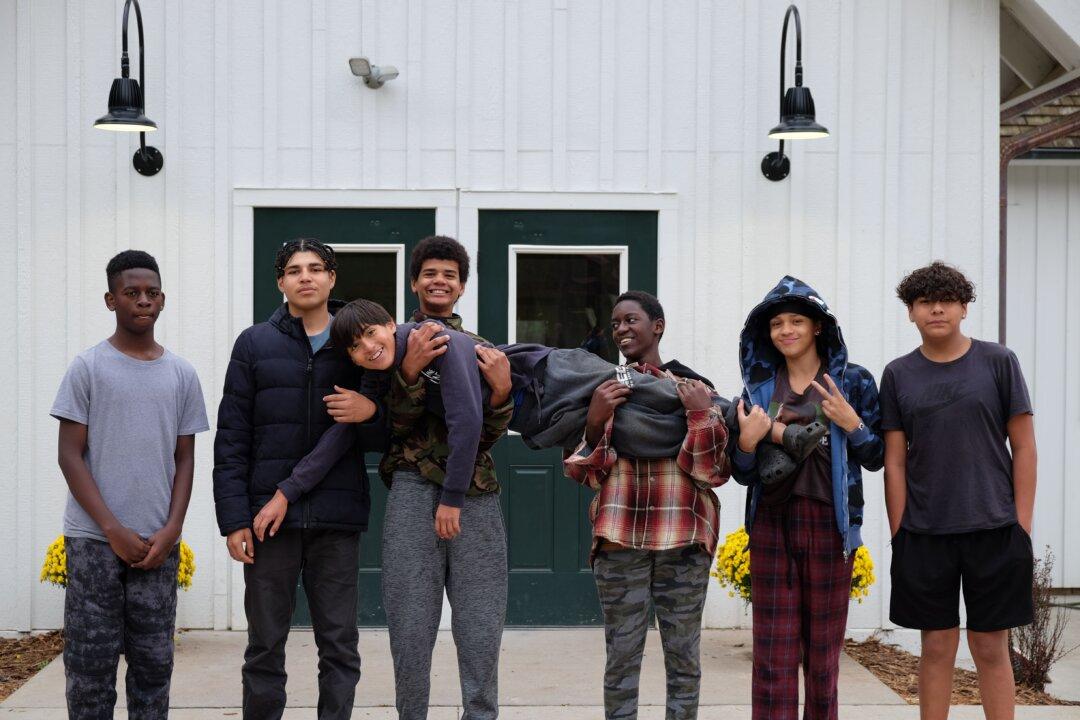It’s nearly 7 o’clock on a Sunday evening when Jeff Bird starts the engine on a school bus parked in front of his sprawling Victorian house. A car rolls up and a teenage boy hops out, followed by other cars and more boys, who each wave goodbye to their rides and pile aboard the bus.
To the average observer, the scene is simple. But to those who know the story of Mr. Bird and his bus, the scene is rich with anomalies.






